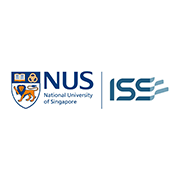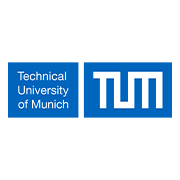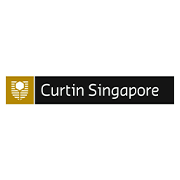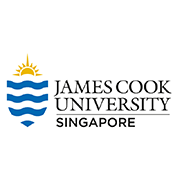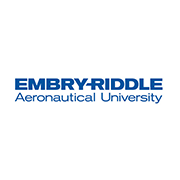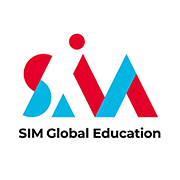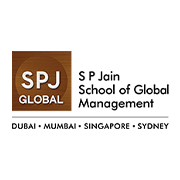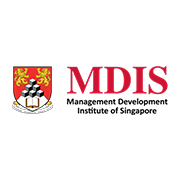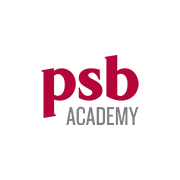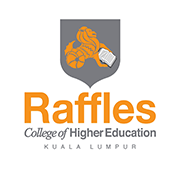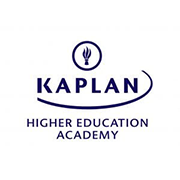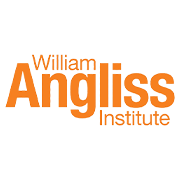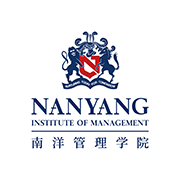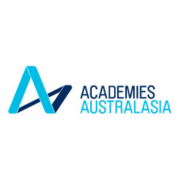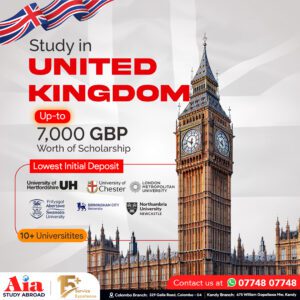Why Study in Singapore?
Singapore, known as the “Gateway to Asia,” is a global hub for education and innovation. Its world-class universities, focus on research and technology, and strong economy make it an ideal destination for international students. Offering degrees in fields such as engineering, business, IT, healthcare, and the arts, Singapore blends academic rigor with real-world opportunities. With its vibrant cultural scene, safe environment, and strategic location, studying in Singapore is an enriching experience for personal and professional growth. AIA supports students through every step, from choosing the right program to navigating visa processes and settling in
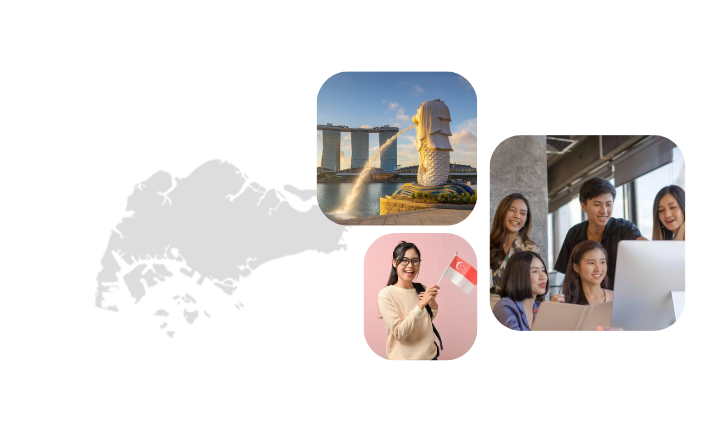
Key Facts to Study in Singapore
Language Spoken
English, Mandarin, Malay, and Tamil
Cost of Study
SGD 20,000 – 50,000 per year
Exams Required
IELTS, TOEFL, PTE, or SAT (program-specific)
Degrees
Diploma, Bachelor’s, Master’s, and PhD
Intakes
January, August, and October
Best Universities
National University of Singapore (NUS), Nanyang Technological University (NTU), Management Development Institute of Singapore (MDIS), and private institutions like SIM and Kaplan.
Our Partnered Singapore Universities
AIA Study Abroad Partnered up with 50+ Singapore Top ranked universities, to choose from
Scholarships
Students can ease their financial burden by applying for these scholarship opportunities:
Get Free Expert Assistance
| INTAKES AND DEADLINES | |
|---|---|
| January Intake | Apply by October of the previous year |
| August Intake | Apply by March–April |
| October Intake | Apply by June–July |
| Diploma Level | Every Month Intake is Available (Jan-Dec) |
Cost of Study in Singapore
Average Cost of Living
International students should budget SGD 10,000 – 18,000 per year, depending on their lifestyle and accommodation choices.
Undergraduate Degrees:
Tuition fees range fromSGD 20,000 – 45,000 per year, with most programs lasting 3–4 years
Postgraduate Degrees:
Tuition fees range fromSGD 25,000 – 50,000 per year, and many programs can be completed in 1–2 years.
Living Costs:
Singapore (Citywide): SGD 1,500 – 2,500 per month for accommodation, food, and transportation.
| Type of Expense | Cost(Annual Average) |
|---|---|
| Tuition Fees | SGD 20,000 – 50,000 |
| Accommodation | SGD 6,000 – 12,000 |
| Food and Groceries | SGD 3,000 – 5,000 |
| Transport | SGD 1,000 – 2,000 |
| Miscellaneous | SGD 2,000 – 4,000 |
Key Job Sectors and Starting Salaries
Singapore offers excellent opportunities for international students to gain work experience after graduation. With the Graduate Immigration Route, you can stay back for up to 2 years to explore job opportunities in Singapore.
WhatApp us your Questions
| Job Sector | Average Starting Salary (SGD per Year) |
|---|---|
| Information Technology | 50,000 – 80,000 |
| Finance and Banking | 55,000 – 90,000 |
| Healthcare and Nursing | 45,000 – 70,000 |
| Engineering | 55,000 – 85,000 |
| Hospitality and Tourism | 40,000 – 60,000 |
| Creative Industries | 35,000 – 50,000 |
Note: Salaries vary based on location, experience, and specific roles within each sector
Popular Study Programs
Business and Management
Develop skills to lead in global markets.
Engineering and Technology
Innovate and create solutions for the future.
Medicine and Healthcare
Train to make a difference in the world of health.
IT and Computer Science
Rise in the world of Information Technology.
Hospitality and Tourism
Thrive in the world of Tourism.
Admission Requirements
Most universities in Singapore require:
Academic transcripts from previous qualifications
English language proficiency (IELTS/TOEFL)
A valid passport
Personal statement or motivation letter
Letter(s) of recommendation
“Each program may have specific requirements, so it’s essential to check the criteria for your chosen course and university.”
Singapore Student Visa Requirements for Sri Lankan Students
For Sri Lankan students aiming to study in Singapore, it’s essential to have all the necessary
documents thoroughly organized. Each document plays a vital role in demonstrating your academic
background, study intentions, and financial stability.
A well-organized and complete set of documents is key to a successful application.

FAQs – Singapore
Singapore is known for its safety, cultural diversity, and globally ranked institutions like NUS and NTU.
Apply for a Student Pass through the Immigration & Checkpoints Authority (ICA) after receiving admission from a recognized institution.
Yes, you can work up to 16 hours per week during the academic term and full-time during vacations if your institution permits.
Yes, scholarships like the ASEAN Scholarship and institution-specific grants are available for international students.
